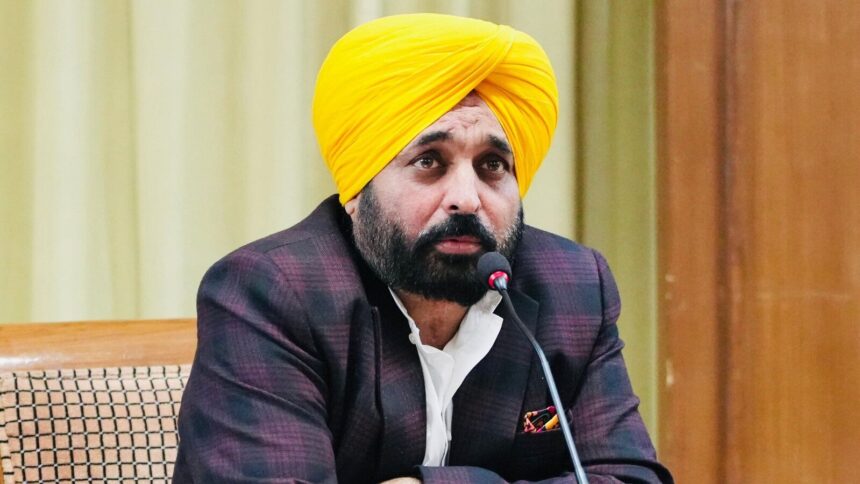The Ongoing Farmers’ Protest in Punjab: A Call for Dialogue
The agrarian landscape of India has been tumultuous, particularly in Punjab, where farmers have been vocal about their grievances. The latest flare-up of issues is centered around the demand for a legal guarantee of Minimum Support Price (MSP) for crops. Amid this backdrop, Punjab Chief Minister Bhagwant Mann has urged Prime Minister Narendra Modi-led Union government to shed its "stubbornness" and engage in dialogue with the protesting farmers stationed at the state border.
A Historical Context
The farmers’ protest in Punjab is not a new phenomenon. It has its roots in a range of longstanding grievances, including the demand for better pricing of agricultural products, crop failures due to climate change, and the broader impacts of economic policies on rural livelihoods. Although large-scale protests peaked in late 2020 against the controversial farm laws, their demands have evolved, highlighting a need for sustained dialogue between farmers and the government.
Current Situation
As of December 2023, farmers led by the Kisan Mazdoor Morcha have continued to camp at various border points, particularly Shambhu and Khanauri, since February. Their peaceful protests have often been met with security barriers, with recent reports indicating tensions arising from the critical condition of farmer leader Jagjit Singh Dallewal, who has been on a hunger strike for 29 days demanding the government’s attention to their plight. Despite medical concerns for Dallewal’s health, attempts for his admission to a hospital have been stymied by protesting farmers who wish to maintain their momentum.
In recent statements, Mann has criticized the Union government for what he perceives as "step-motherly treatment" towards farmers. He pointedly asked whether if Prime Minister Modi could mediate international conflicts, he could not engage in dialogue with farmers just a short distance from the capital.
The Prime Minister’s Global Focus
Mann’s comments raise an important discussion about the priorities of the Modi administration. He questioned why Modi, often lauded as a “global leader,” seems more invested in international affairs rather than resolving domestic issues. This criticism resonates with many farmers who feel marginalized despite being vital to India’s agricultural economy.
The contrast drawn by Mann is stark; while the Prime Minister is actively seeking to establish India on the world stage, the grassroots issues concerning millions of farmers seem to be sidelined. The question posed by Mann is not just rhetorical; it reflects a deep dissatisfaction among the farming community regarding the government’s responsiveness to their struggles.
The Call for Dialogue
The recent comments from Mann and the situation of Dallewal amplify the urgent need for the government to engage in dialogue with the farmers. Farmers’ rights groups argue that many issues confronting the agrarian sector today could be resolved through constructive discussions rather than distance, making it imperative for the government to extend an olive branch to the protesters.
In an environment where political blame often overshadows productive discourse, it’s essential for both sides to recognize the legitimate concerns of farmers who are integral to food security. The protest at Punjab’s borders is not merely a challenge to the government; it embodies the call for justice and recognition of farmers’ rights.
Conclusion
The farmers’ protests in Punjab and their demands for MSP guarantees illustrate a critical aspect of India’s socio-economic framework. Chief Minister Mann’s appeals to the Prime Minister underline the growing urgency for a sustained dialogue to resolve these issues. As discussions about agricultural policy continue, the government must address the core needs of farmers to cultivate a more harmonious relationship. Bridging this gap is not just an administrative necessity; it is vital for the nation’s future food security and the welfare of those whose livelihoods depend on agriculture.










